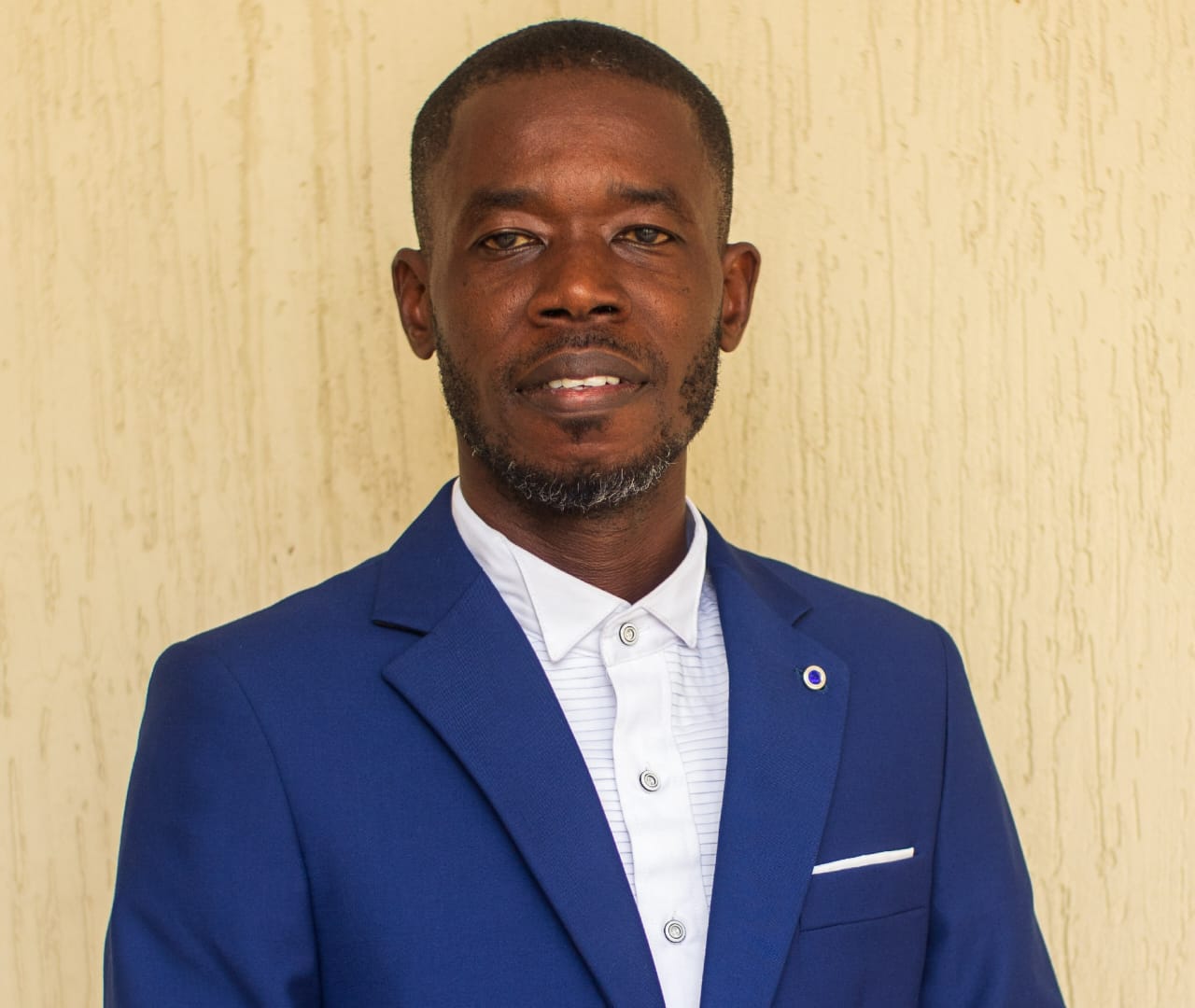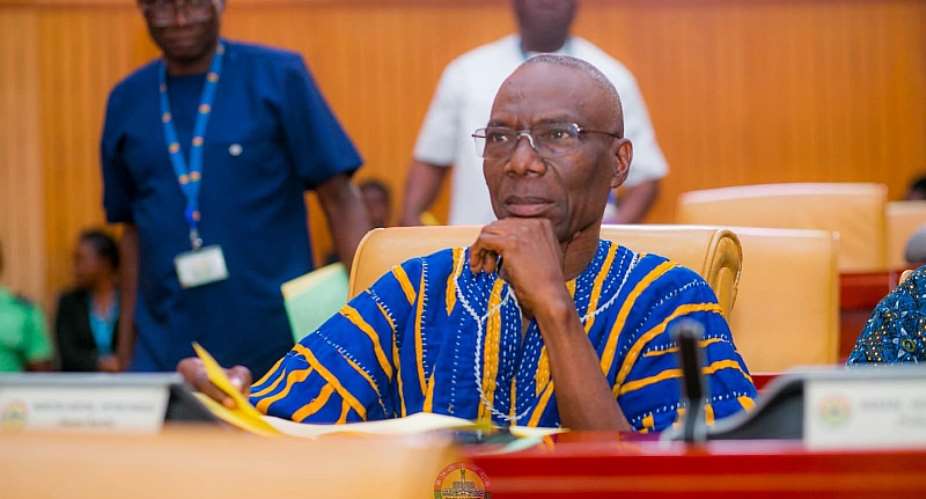As part of efforts to deepen gender-responsive security governance in West Africa, the Economic Community of West African States (ECOWAS) has concluded a regional capacity-building workshop focused on the simplified Continental Results Framework (CRF) for tracking progress on the Women, Peace and Security (WPS) agenda.
Held in Accra, Ghana, from June 10 to 12, the three-day workshop brought together national WPS focal points, civil society leaders, and government representatives from across the region. Participants received training on standardized tools to monitor commitments under UN Security Council Resolution 1325 and related instruments.
The event was organized by the ECOWAS Directorate of Humanitarian and Social Affairs, with technical support from GIZ and the ECOWAS Peace, Security and Governance Project (EPSAO)—co-funded by the European Union and Germany’s Federal Ministry for Economic Cooperation and Development (BMZ).
Enhancing Accountability Through Data
A key focus of the workshop was the application of the simplified CRF, which includes 41 gender-sensitive indicators designed to help Member States track the implementation of their WPS National Action Plans. Through hands-on sessions, participants learned how to contextualize these indicators, incorporate them into national reporting frameworks, and strengthen coordination between national and regional bodies.
“Monitoring the impact of women’s contributions to peace and security requires robust, consistent tools,” said Olatunde Olayemi, ECOWAS Programme Officer in Lomé. “The CRF gives us a common language for accountability.”
Tamwakat Elizabeth Golit, a WPS expert with ECOWAS/GIZ, underscored the Commission’s commitment to institutionalizing WPS mechanisms across Member States: “Our goal is not just adoption, but meaningful implementation, with data driving decisions.”
A Growing Regional Movement
This workshop is the latest in a series of ECOWAS-led efforts to roll out the CRF across the region. Previous capacity-building sessions have been held in Nigeria (2022), Benin (2023), The Gambia (2024), and Côte d’Ivoire. The initiative aligns with broader goals to operationalize FemWise-West Africa—a regional platform promoting women’s leadership in conflict prevention and peacebuilding.
Looking ahead, Member States are expected to adapt and translate CRF tools for local use, embedding them into national and sub-national action plans. ECOWAS also plans to expand training to more countries and develop policy briefs using CRF-generated insights.
Ghana’s Role in the Regional Agenda
With Ghana set to roll out its revised WPS National Action Plan, the country is well-positioned to leverage the CRF and align its national monitoring with ECOWAS standards. The workshop outcomes are expected to support local implementation and ensure Ghana’s reporting reflects both regional commitments and national priorities.
Source: Myxyzonline.com





